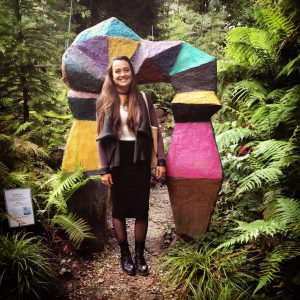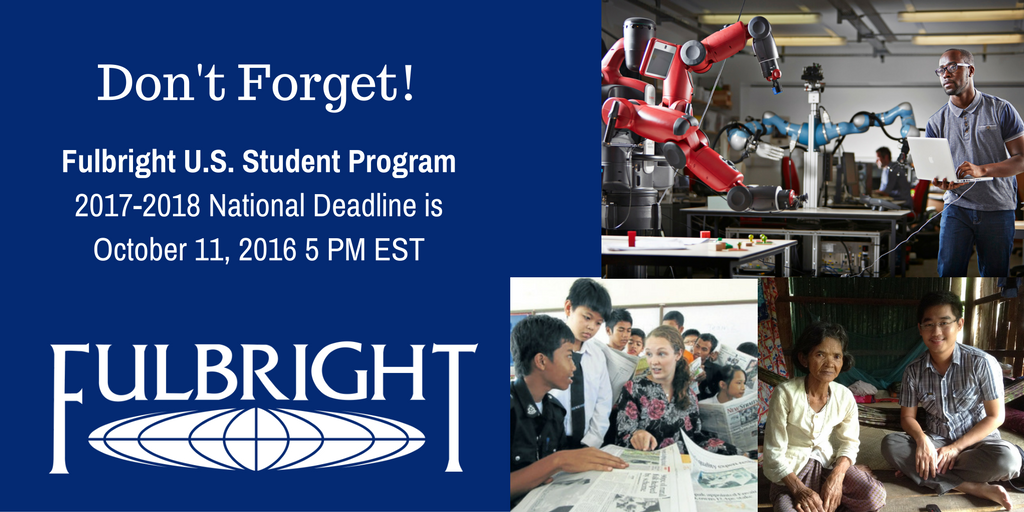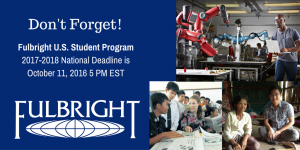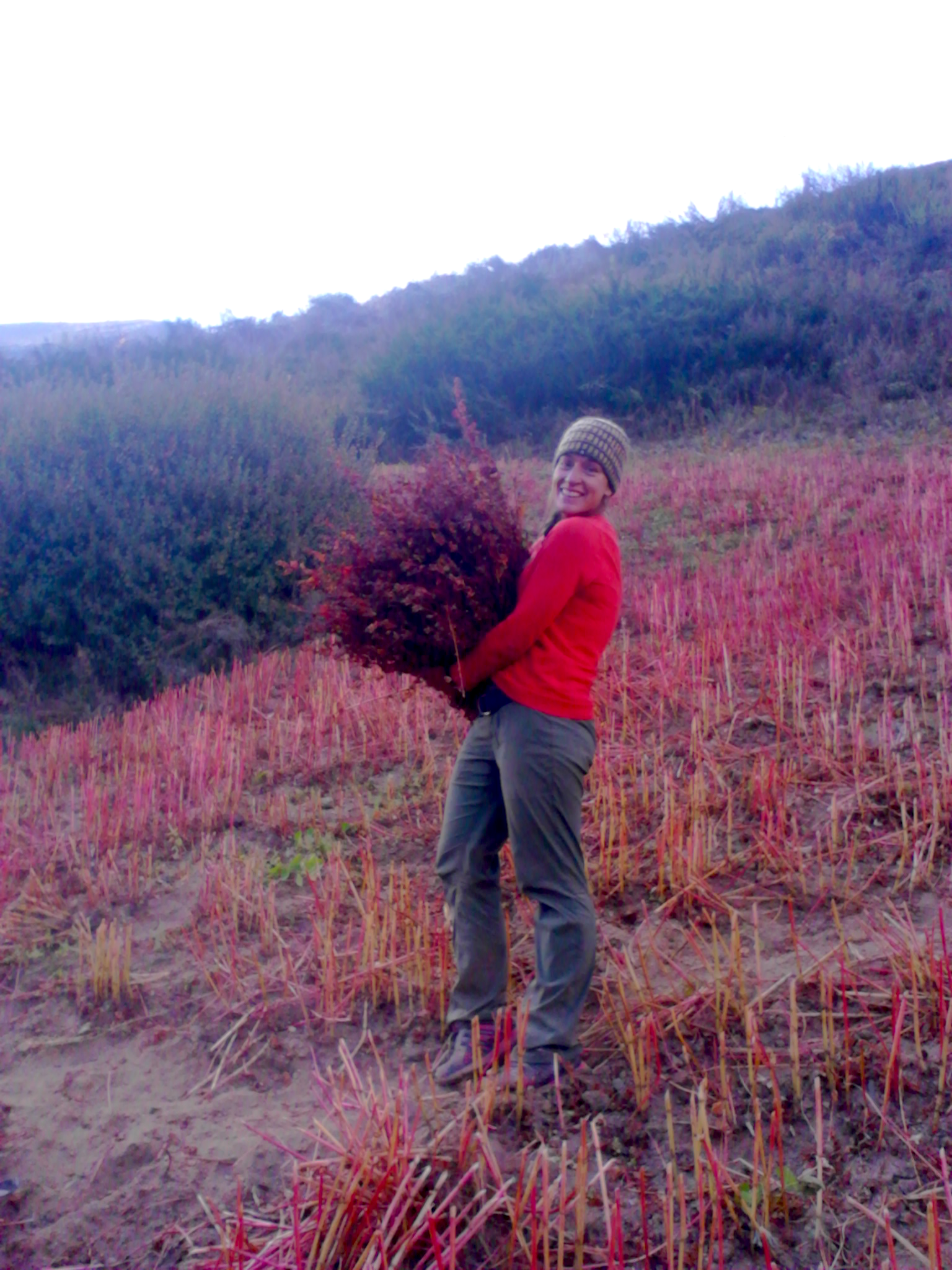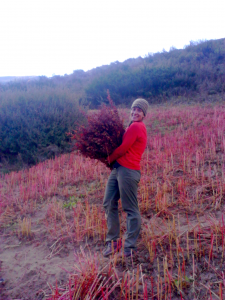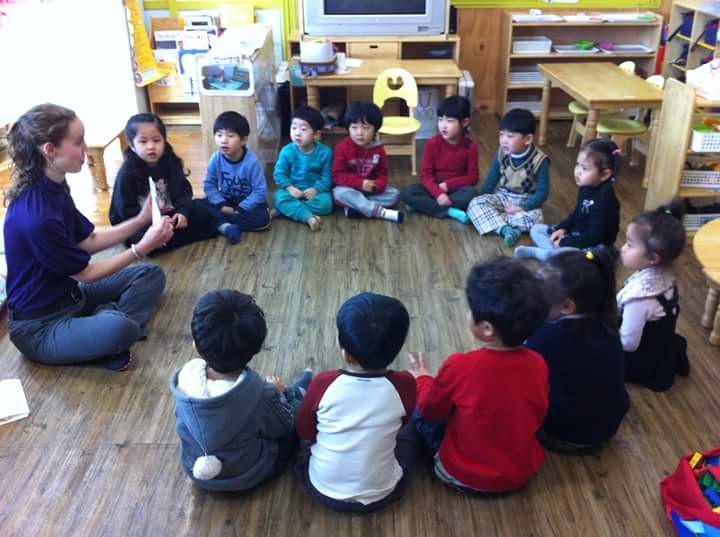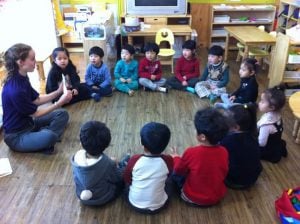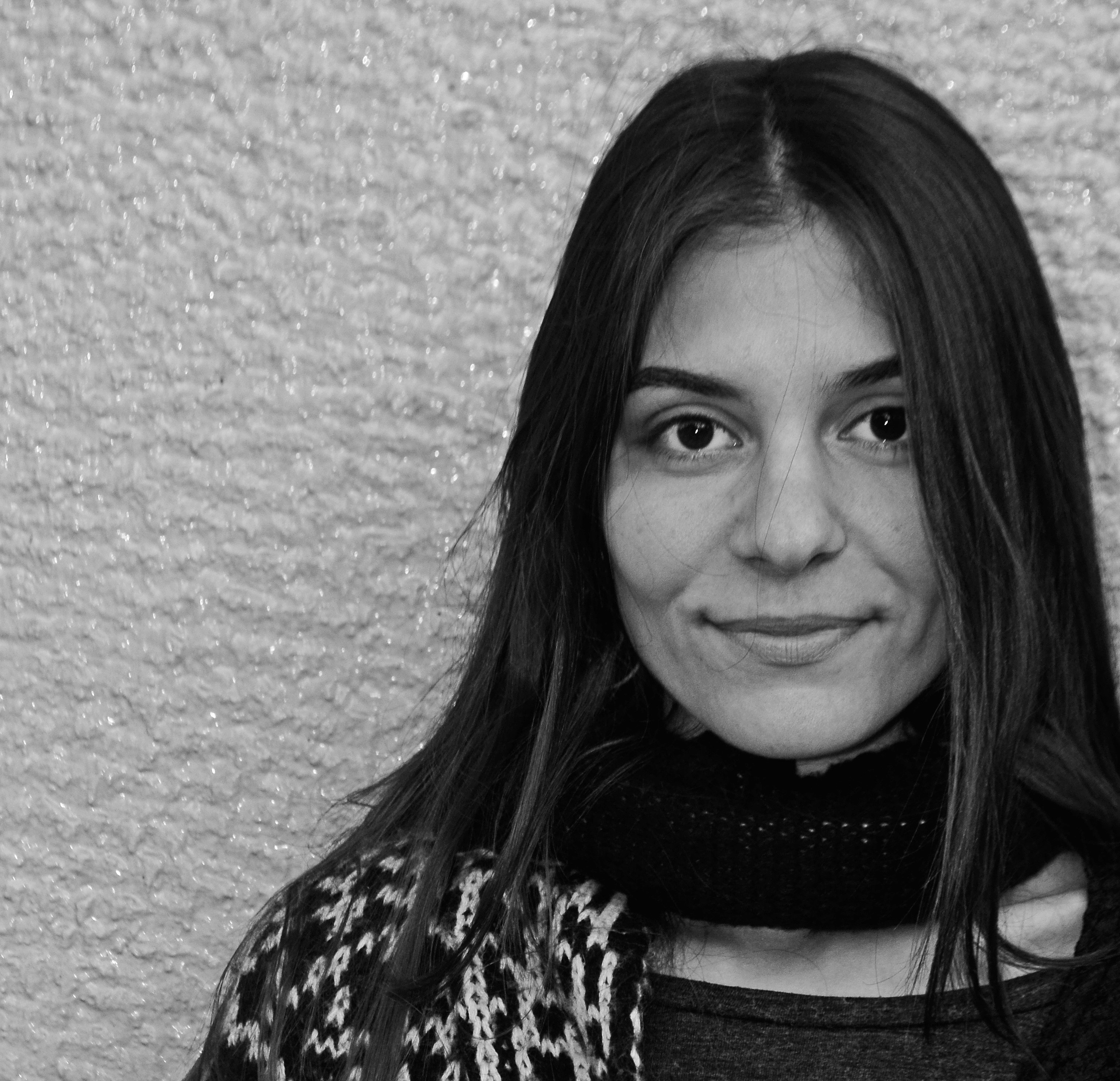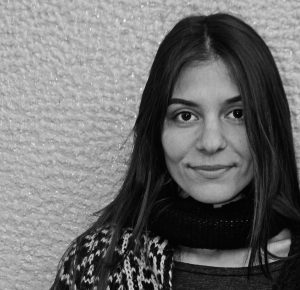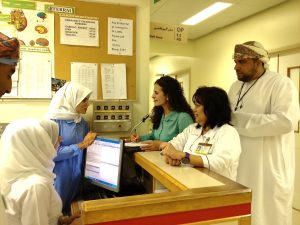
Claire Manneh, 2012-2013, Oman (in green) interviewing clinicians at Royal Hospital in Muscat on their experiences using the electronic medical record system
“Traveling – it leaves you speechless, then turns you into a storyteller.” – Ibn Battuta
Although I haven’t extensively trekked the globe like Ibn Battuta, the Medieval Berber traveler and scholar, nor can I retell stories like he did, I was indeed left speechless during my Fulbright U.S. Student grant to the Sultanate of Oman. I hadn’t come to realize how Fulbright was going to change my life until I was sitting on a one-way flight from San Francisco to Muscat.
Before that plane ride to Muscat, I was consulting with a team to transform a national healthcare system’s electronic health record (EHR) from a legacy to an updated system. The process was painful and lengthy, but the system’s executives were committed to transforming their practice. No different than the United States, Oman’s road to transforming health care delivery is happening at a rapid speed and I planned my Fulbright research to study their EHRs. After surveying and observing over 300 clinicians and patients in Oman, I found that their processes were not unfamiliar. Interoperability does not discriminate – Oman suffers from the same challenges we experience here in the United States. It was common for my study participants who had not visited the U.S. to think that Americans had easy access to health care, which patient records were transferable, and that clinicians can do sophisticated searches on a specific population within a database. The participants took comfort in knowing that a country they look up to in many ways, the U.S., was in the same boat.

